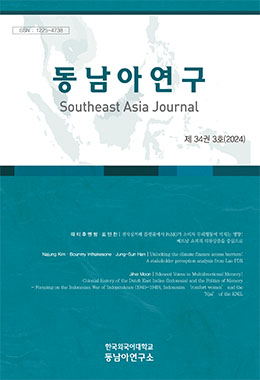This article discusses the dynamics of multidirectional memory in the context of the Dutch colonial history in the East Indies (Indonesia). It highlights how silenced narratives―particularly those concerning the Indonesian War of Independence (1945-1949), the suffering of Indonesian “comfort women” during the Japanese occupation, and njai culture―are complexly intertwined with the politics of memory. This paper emphasizes the evolving discourse in the Netherlands, which is now acknowledging and integrating these suppressed histories into a broader narrative framework. This involves a shift from a monolithic memory focused solely on European experiences to a more inclusive and interconnected remembrance that bridges the various cultural and historical experiences of people from the East Indies. Through multidirectional memory, a new solidarity and understanding are being fostered among different groups that challenge the traditional silences and neglect within Dutch collective memory about the country’s colonial past. This collective recognition of colonial histories forms a connecting thread between different cultures and communities, effectively weaving these histories into a worldwide tapestry of multidirectional memory and thereby contributing to a more comprehensive and interconnected global historical understanding.




